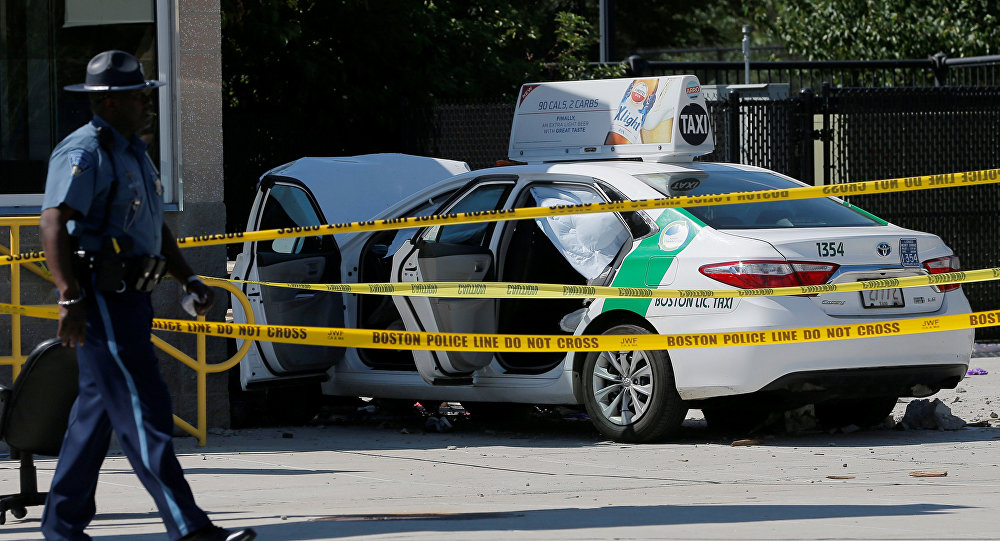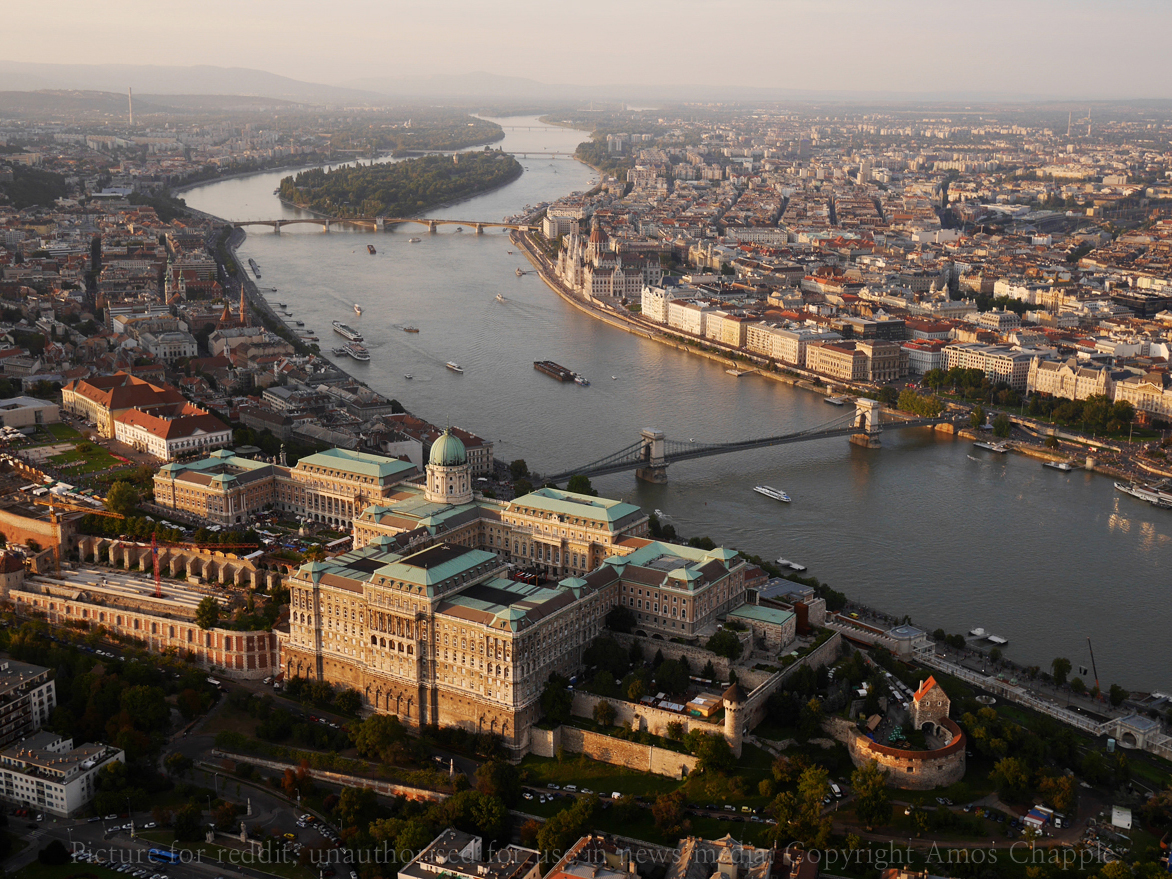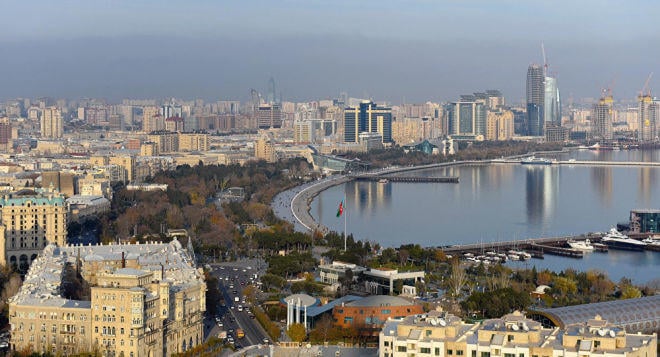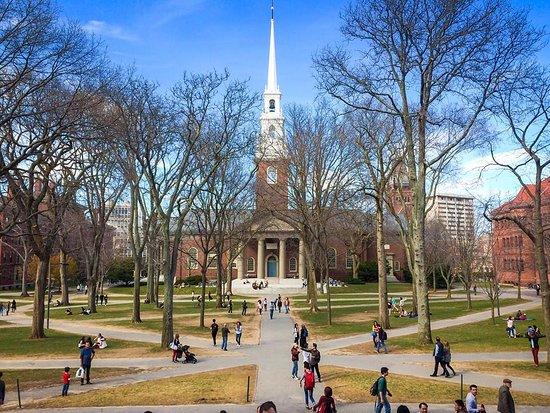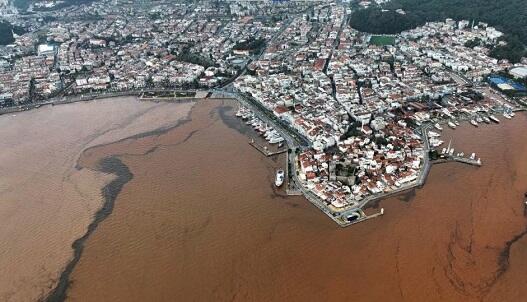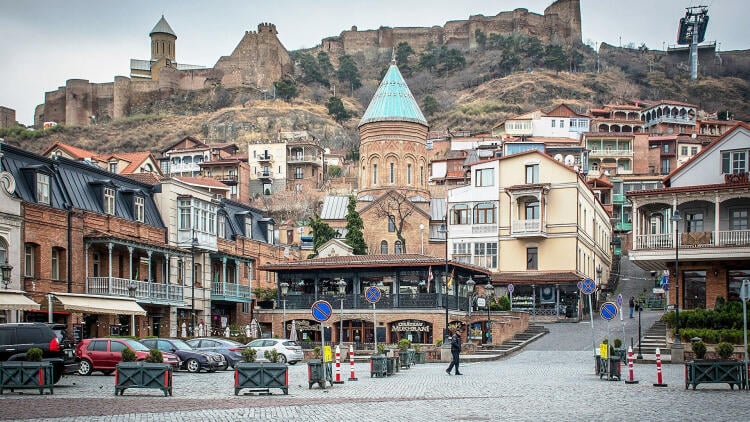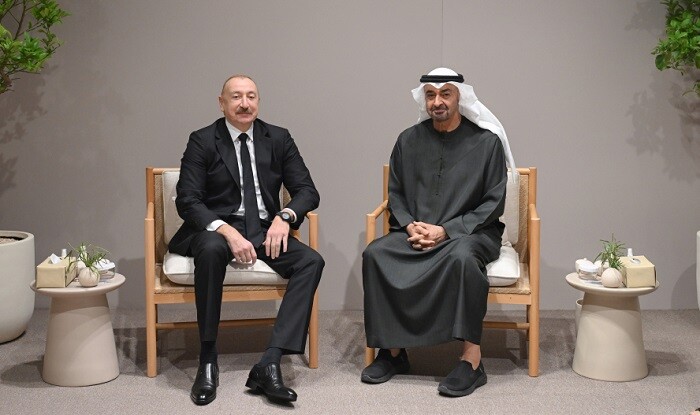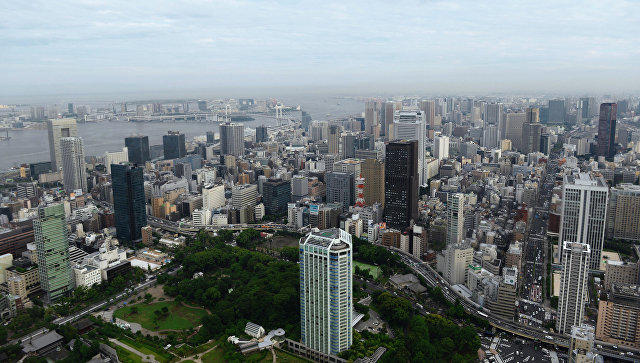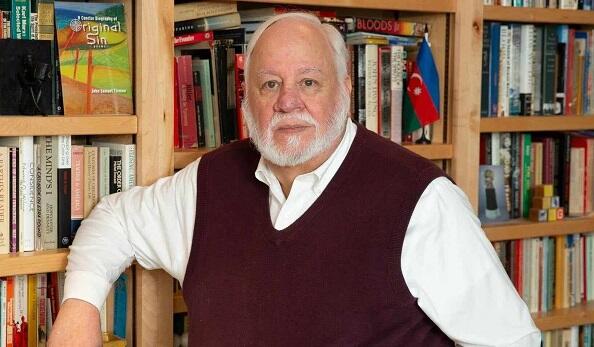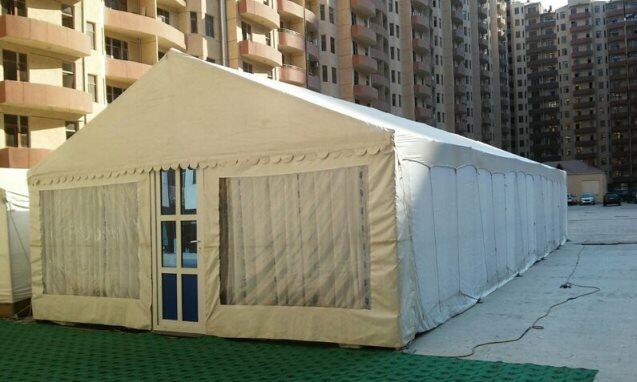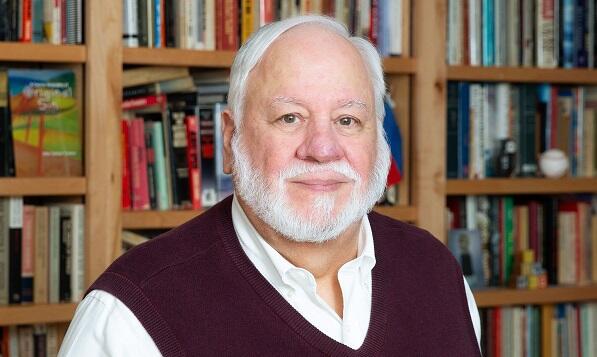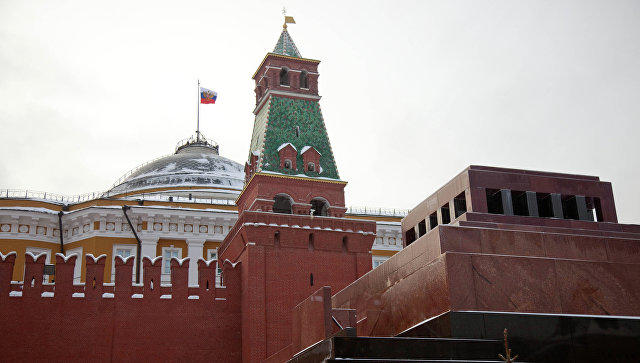Axar.az presents an article “Art, Paving, Politics” by John Samuel Tieman.
I have, of late, found myself in the most unusual position. I used to be the protester. Now, I serve on our City Council here in University City, Missouri. I don't want to aggrandize my importance. But I find myself occasionally one of the folks who decides what gets paved and what doesn't.
My city is experiencing a building boom. On the west end of town, we've built three big box stores and a bunch of smaller fast-food joints and the like. It's become a destination for shoppers. The price was tearing down, among other things, a church my family attended, albeit an abandoned church, and tearing down a sweet little sushi joint my wife and I loved. We've also approved a boutique hotel, as well as a five-storied residence and small business venue. And on it goes. I was one of the “aye” votes for all those matters that came before me since my election in April. Indeed, I sponsored one or two of those bills. As a practical matter, I have become a pro-business social democrat.
But I have to wonder. I have my doubts. I've been voting on issues. But should I vote on vision? The hard part is not choosing what is right. The hard part is knowing if I am doing any good.
I think a lot about aesthetics. I think a lot about green practices. Do we really need to build another gas station? How does the city prioritize the environment? I'm not wise enough to have sweeping answers, though I know I have the right questions.
How do I know? At a meeting of one of our Commissions, a constituent let Joni Mitchell speak for her. She played – “They paved paradise and put up a parking lot / With a pink hotel, a boutique, and a swinging hot spot. / Don't it always seem to go / That you don't know what you got 'til it's gone? / They paved paradise and put up a parking lot.” Her song is political. We need art that is political, art that sends its message straight to both the mind and the soul. Because our world today is filled with platitudes.Because art is the enemy of the platitude.
(I just have to add that I also love the fact that I come from a town, U. City, where a Joni Mitchell song is now a part of our official record.)
Modern life, some say “post-modern”, causes a kind of non-thinking, an inability to question beliefs, an inability to adjust thinking. Paradoxically, it can cause some to both believe everything and nothing at the same time. Rather than fill our lives with questions, we fill our lives with platitudes. Thus the need for art that is political. Such art challenges platitudes like “All growth is good” and “All progress is positive”. That, at least for me, is instructive, for at times I too have spoken such platitudes. Platitudes are vacuous. The consequence of the platitude is not simply that folks believe it, but rather that folks both believe the platitude and embrace its vacuousness. Thus the need for art that is a warning and a question. “They took all the trees and put 'em in a tree museum / And they charged the people a dollar and a half to see them. / Don't it always seem to go / That you don't know what you got 'til it's gone?”
My gratitude to my constituent. Because she bothers me. Because she makes me think. Because I can't get this song out of my head. Because we paved over a small church and put up a monster store.
To be clear, I don't think business is bad. I think balance is good.






